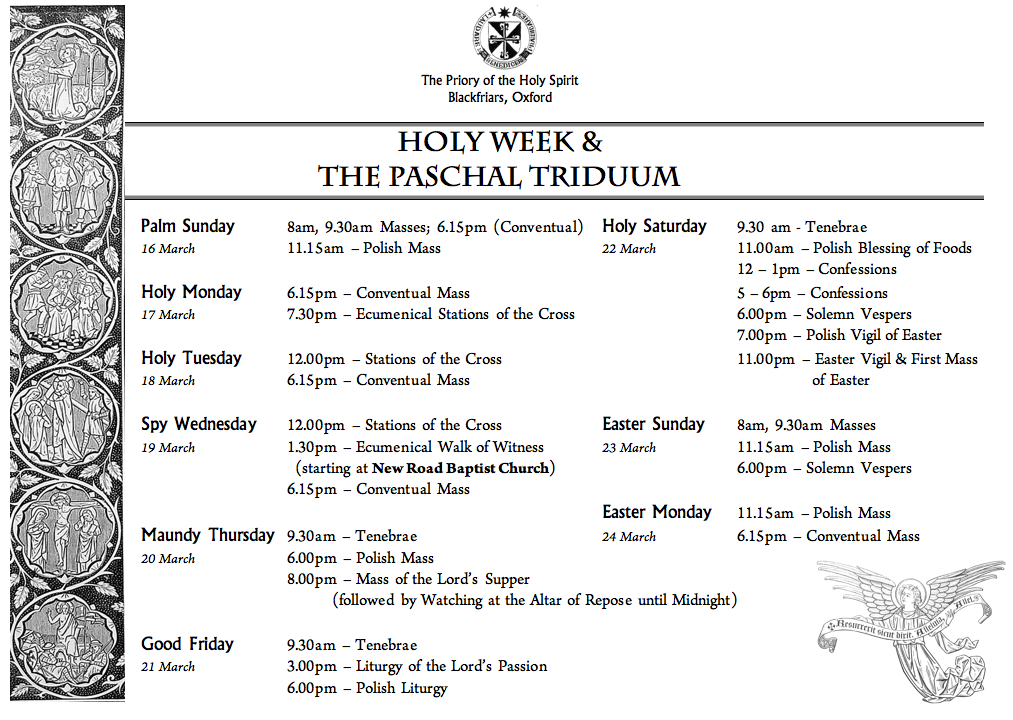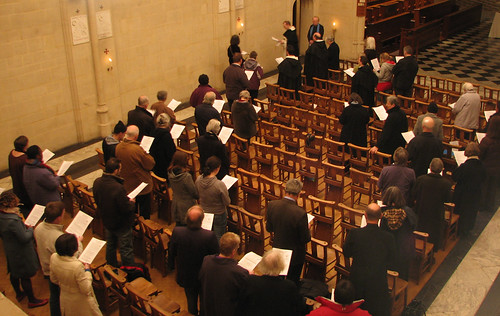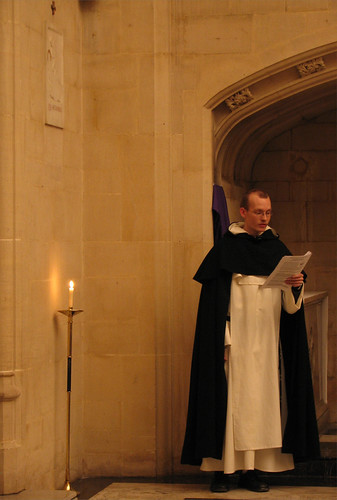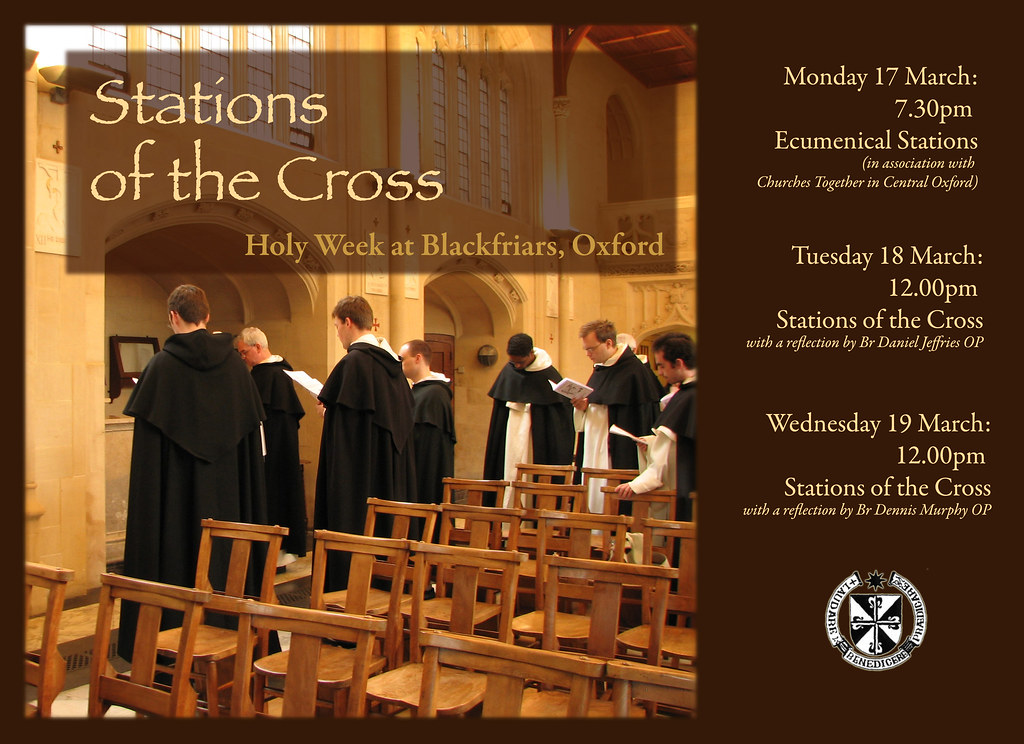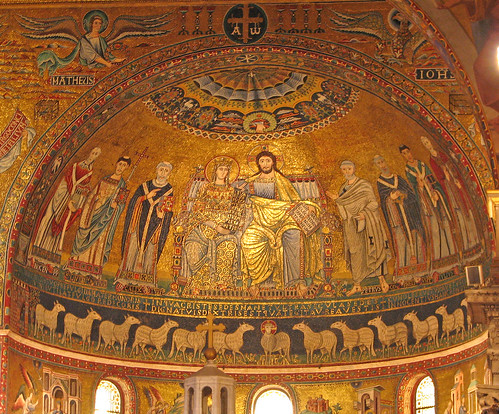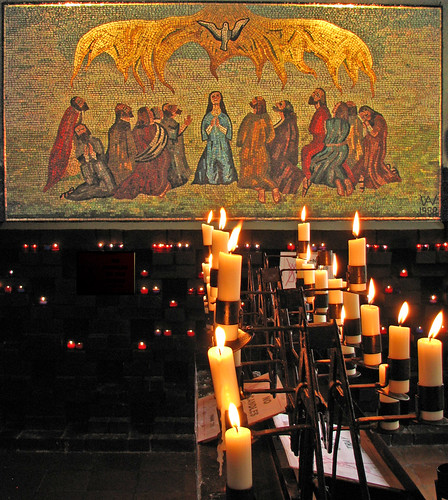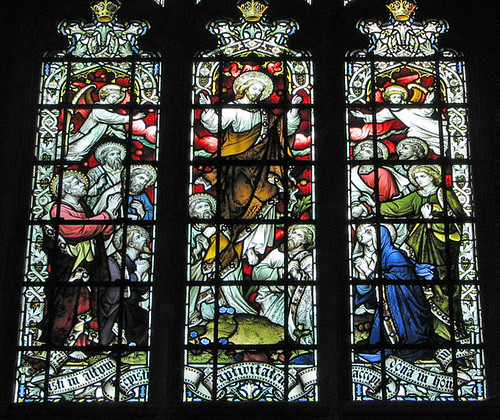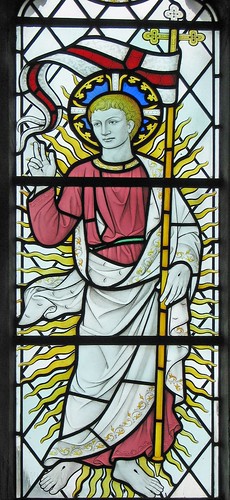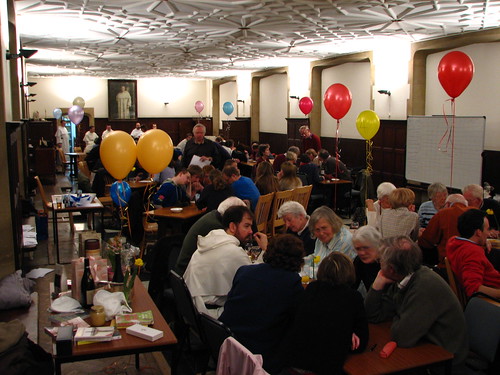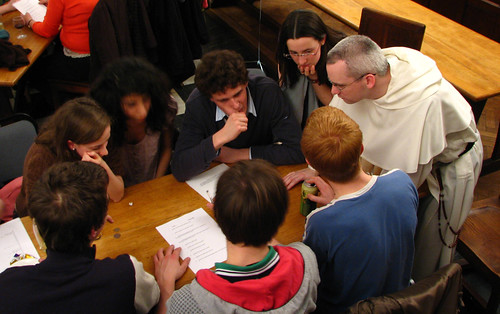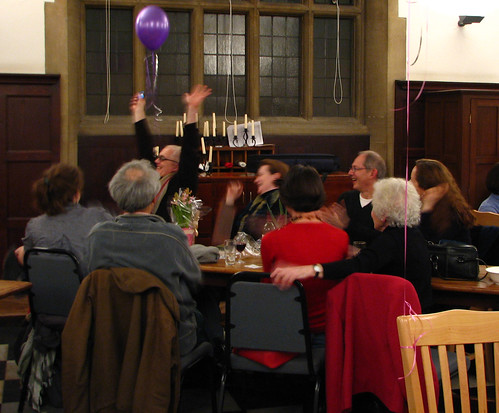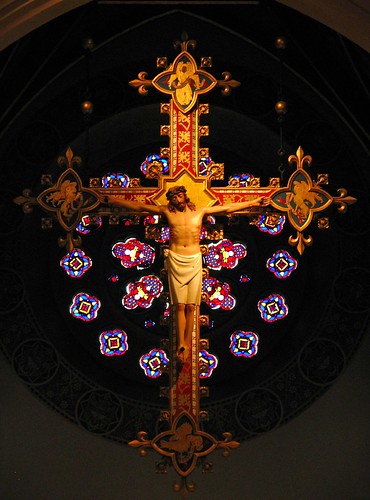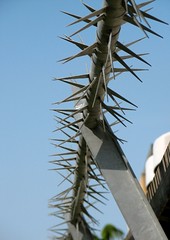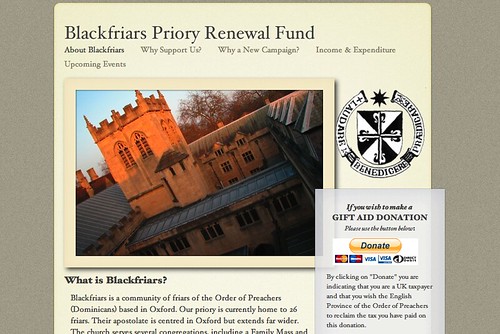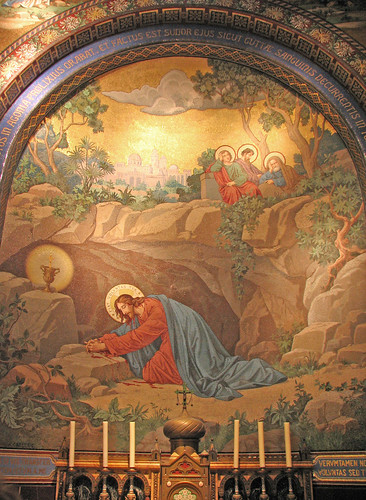Imagine the scene. It is a hot Friday, hours away from the great feast of the Passover Sabbath. You have come into the markets of Jerusalem, maybe for some last minute shopping. Perhaps you forgot something you need for the Passover meal; perhaps you are looking for a last minute bargain. The streets are thronged with people, all with the same idea as you. But added to this are the thousands of pilgrims who have come to the holy city to celebrate the feast, or to see the temple, perhaps for the first time. It is very hot, dusty and very, very full. There are so many people you cannot see the stalls of foot. All around you are strangers laughing, talking, sellers shouting. The air is full of excitement, confusion, rushing! You are pushing against the crowd, trying so hard to move forward, sometimes fearing that you will be trampled on. You hear the bleating of lambs in the background, being sold for the Passover meal. You know you are near the stalls. Soon you will get what you need, and return to the peace of your home, leaving all this madness behind. Soon you will be with your family, preparing for Passover.
You finally see what you need, and after some haggling with the stall owner, you are ready to leave. Finally, you can get out of the city centre, and get home to the cool of your home. You turn to face home, but really all you can see are thousands of faces, and the loud hum made up of many noises. Slowly you push your way against the crowd, nervously clutching your purchases, lest you lose them. The last thing you want is to have to go back to a stall. Suddenly you notice that the noise of the people in front of you changes from the usual drone, to something quite more excited. You hear men and women shouting “all right, all right”, with a sense of panic. You notice people darting away, as if push by something you cannot see. But suddenly you see what is causing the panic, what is causing the crowd to dart out the way. You see metal reflecting the sun, moving through the crowd. You now realise that a group of Roman soldiers are moving through the crowded street. You immediate fear is that there will be trouble, maybe the frightened crowd with surge forward at once, causing a crush. “Please God, not now” you say quietly to yourself. Suddenly you realise that the group of Romans are moving towards you. You decide the best thing to do is stand out of the way, against the wall, and pray you don’t attract their attention, just hope the pass by.
As they get closer you see in the middle of the soldiers three men, carrying large wooden beams. An execution, on today of all days, with the city thronged. Typical Romans, always causing problems for us. As they get closer, you can see the three wretches more clearly. The one in the middle has bad bruising to his face, a cut eye, bloody lips, and cuts on his head. His hair and beard are matted with blood. His tunic, also, has blood on it. He falls face down on the ground; the soldiers are kicking him, in the rips, in the head, ordering him to get up. You hear the crack of a whip, causing you to flinch with each crack. You don’t want to even think about it. Then you see a solider pull a man from the crowd, ordering him to help the man off the ground, and help him with the wooden beam. They move forward closer to you, by now their faces are visible, and the voices of the soldiers clearer. The soldiers are shouting like mad men; they seem to be more animal than human. You decide the best thing to do is keep your head down, not to attract attention. Look at the man pulled from the crowd, you don’t want the same the happen to you, do you? They pass by, you are so nervous, you shake, you turn your head away, still clutching you parcels. Just pass by, you thing, just leave. Your heart is pounding.

You still don’t know what possessed you, but for an instant you looked up. There, staring into you face was one of the condemned men, the one who had been on the ground. Through the blood you see his eyes, those piercing eyes. He sees everything inside you, your fear, your worry, your shame. In that instant it all disappears, you just see those beautiful eyes behind the bruised face. The noise around you has disappeared, in that moment there is only you and him. What happened to your parcel, who knows? Before you realised it you were moving towards him, you felt something, perhaps it was the soldiers pushing you, you don’t remember. Suddenly you were beside him, into whose eyes you were lost. You rip off part of your veil, and gently wipe his bloodied face. Those eyes continue to pierce you; this stranger knows everything about you. You want to weep, weep with pain at his pain, weep with joy because of his ..., because of his... - you don’t know. But he does. Before you realise it, you were thrown to one side, and the group have moved off. You run into the shade, between two buildings, shaking, clutching the rag you wiped his face with, holding it close to you. Who was that man, how did he know me, how did he know my fear, my shame, the darkness inside me. And how, by looking at me, did he take it all away. Those eyes saw more than my body, they saw my soul.
There will be times when we, like Veronica, will have to push against the crowd to witness to the face of Jesus in our world. There will be times when we will find it hard to recognise his face in those around us. But the face of Jesus is always there looking at us, but we have to be prepared to see it. And if necessary risk out anonymity to witness to it. Sometimes we will have to lift our faces up to others so that they can see the loving stare of Jesus. Let us pray that it will always be a face of mercy, not a face disfigured by hate.


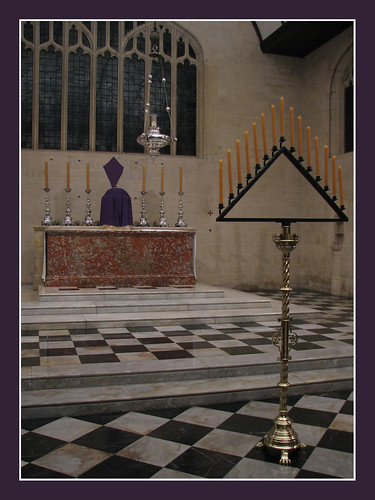

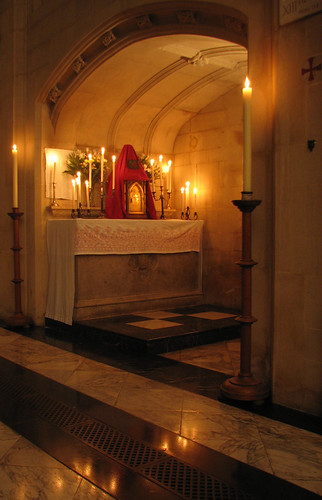
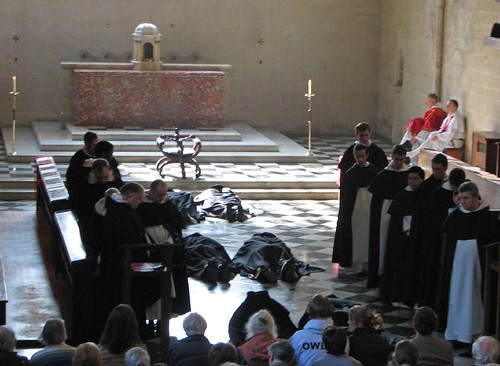
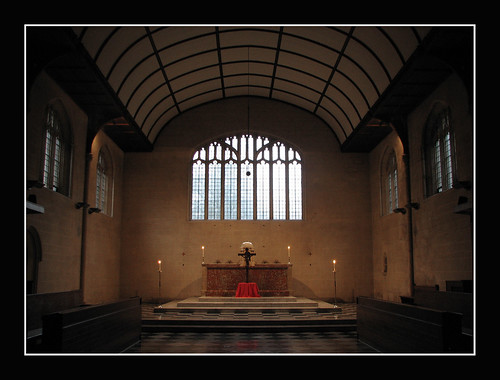




-792822.jpg)


